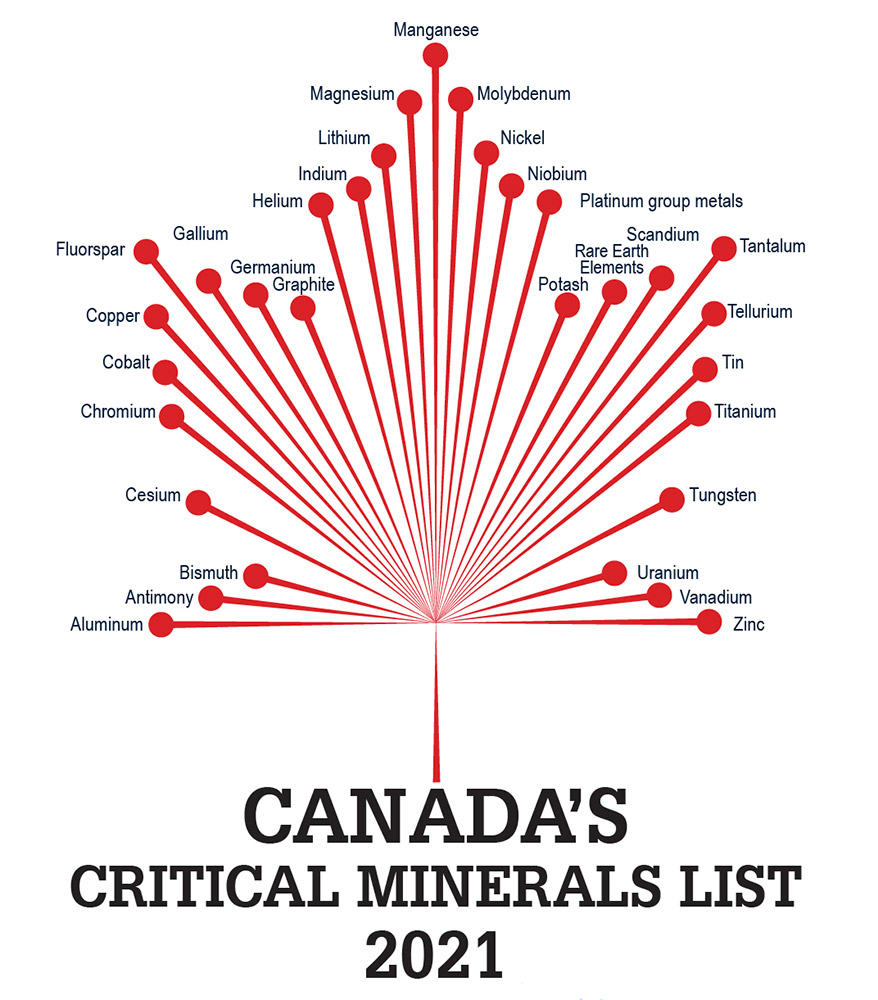There are 31 critical minerals in Canada, 35 in the USA and 30 identified in the European Union. These critical minerals are deemed essential to the decarbonization of our economies; the Canadian government has identified a list of 31 minerals considered critical for the sustainable economic success of Canada as part of its Canadian Minerals and Metals Plan. To ensure the supply chain for the electrification of our economy means we need to look to domestic solutions for the development of these minerals and their added value manufacturing in Canada. For us, critical minerals of interest include graphite, lithium, REE, PGMs and others that are deemed essential and under-supplied for our new energy and technology future.
Bloomberg New Energy Finance has estimated that zero emission cars will go from 4% of market share to 70% by 2040; with electric bus sales going from 40% to 83% market penetration. Light vehicles and medium to heavy vehicles – used in all industrial sites – still have low penetration rates of less than 1% with estimations of 30% to 60% growth. When combining the need to reduce carbon emissions across other industry sectors, the investment required is estimated to be $1 trillion/ year so $7 trillion investment up to 2030 and then $46 trillion by 2040.
The United States National Mining Association has declared that the country has seen a 113% growth in the volume of critical minerals needed for importation since 1995 and is 100% reliant on imports for 14 of the 35 critical minerals, and 50% import reliant for 17.
It is clear that Canada has a role to play to invest into the decarbonizing of its economy by ensuring self-sufficiency and the only way to do this is to invest in early stage, responsible critical minerals companies. This will reap rewards to Canadians and Canadian investors and to communities in which we operate as we can make visible the benefits of direct community investment and innovative decarbonization efforts in local communities.


